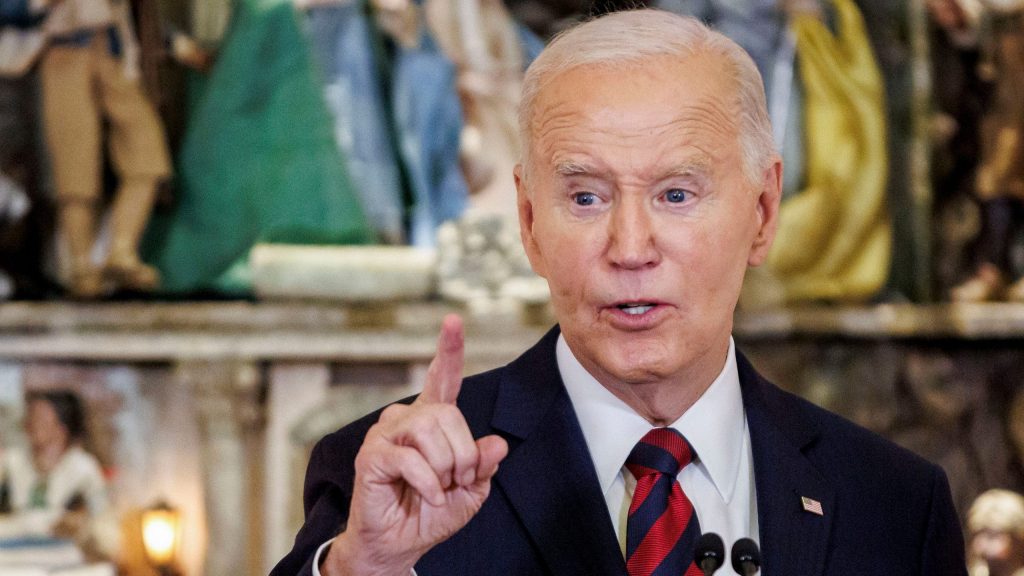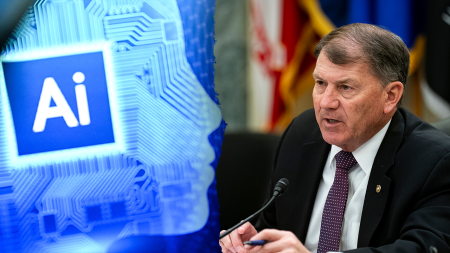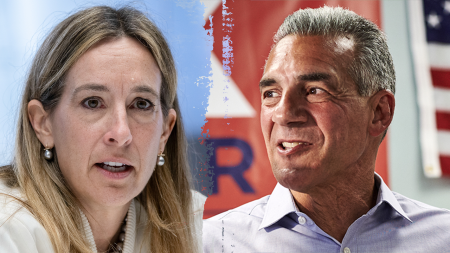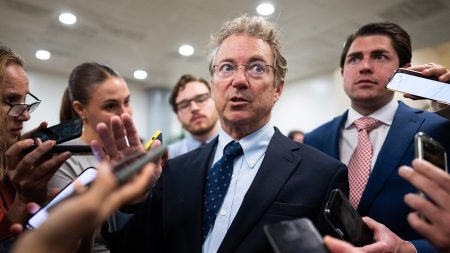The JUDGES Act of 2024, initially enjoying bipartisan support, has become embroiled in political controversy. The bill, designed to address the escalating caseloads burdening federal courts, authorizes the appointment of 63 new permanent district judgeships over a ten-year period, with the first 21 appointments scheduled between 2025 and 2027. While the Senate passed the bill unanimously in August, its progress stalled in the House until after the presidential election, a delay that now fuels Democratic opposition. The crux of the current dispute lies in the timing of the bill’s potential passage and the implications for judicial appointments. With the presidential election concluded and Donald Trump’s victory confirmed, Democrats are now wary of the bill, as it would grant the incoming Trump administration the power to fill the initial 21 judgeships. This represents a significant shift in power dynamics, as Democrats had anticipated a Biden victory and the opportunity to appoint these judges.
The White House has signaled President Biden’s intention to veto the JUDGES Act should it reach his desk. The administration argues that the bill is “unnecessary” for efficient judicial administration, pointing to existing judicial vacancies and suggesting that concerns about caseloads aren’t the true motivator behind the bill’s sudden resurgence. The White House further criticizes the lack of thorough investigation into the utilization of senior status and magistrate judges, implying that these resources could alleviate the need for new judgeships. The administration also highlights the perceived hasty nature of the bill’s advancement in the waning days of the 118th Congress, arguing that key questions regarding the allocation of judges remain unresolved. Democrats, echoing the White House’s concerns, have voiced their opposition to the bill, citing Trump’s record of judicial appointments and his stated intentions of reshaping the judiciary. They argue that the bill’s passage now would allow Trump to further influence the courts, potentially jeopardizing established legal precedents.
Republican proponents of the JUDGES Act maintain that the bill addresses a critical need within the federal judiciary. Representatives Chip Roy and Jim Jordan emphasized the significant staffing shortages impacting courts across the country, regardless of political leanings, leading to substantial case backlogs and hindering the timely administration of justice. They contend that the current controversy surrounding the bill is purely political, obscuring the genuine need for additional judges to address the overwhelming caseloads. While acknowledging the need for more judges, Democrats counter that the political ramifications of passing the bill under the current circumstances cannot be ignored. They point to Trump’s previous judicial appointments and their impact on key legal issues as evidence of the potential consequences of allowing him to appoint a further 21 judges. This concern, they argue, outweighs the acknowledged need for additional judicial resources.
The controversy surrounding the JUDGES Act highlights the politicization of judicial appointments. While both sides acknowledge the need for additional judges, the timing of the bill’s consideration and the potential impact on the ideological balance of the courts have become the dominant factors. Democrats argue that the bill’s passage now would grant undue influence to the incoming Trump administration, while Republicans contend that the bill’s purpose is to address a critical need within the judiciary and that opposition is purely partisan. The debate underscores the increasing importance of judicial appointments in the broader political landscape.
Senate Majority Leader Mitch McConnell has criticized the White House’s opposition to the bill, highlighting its unanimous passage in the Senate and previous bipartisan support. He argued that a presidential veto would be based solely on “selfish spite” and would ignore the urgent need for additional judges to ensure timely justice for litigants. McConnell’s remarks emphasize the unusual nature of the current situation, where a bill that previously enjoyed bipartisan support is now facing a potential veto due to a shift in presidential power. This underscores the increasingly partisan nature of judicial appointments and the heightened stakes surrounding control of the courts.
The fate of the JUDGES Act remains uncertain. The White House’s stated intention to veto the bill sets the stage for a potential clash with Congress. Should the House pass the bill, as anticipated by Republicans, the possibility of a veto override would depend on the level of bipartisan support in both chambers. The outcome of this legislative battle will have significant implications for the future composition of the federal judiciary and the ability of the courts to effectively manage their caseloads. The controversy surrounding the bill underscores the growing politicization of judicial appointments and the increasing importance of these appointments in shaping the legal landscape.










